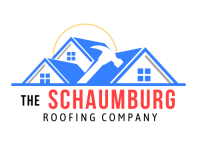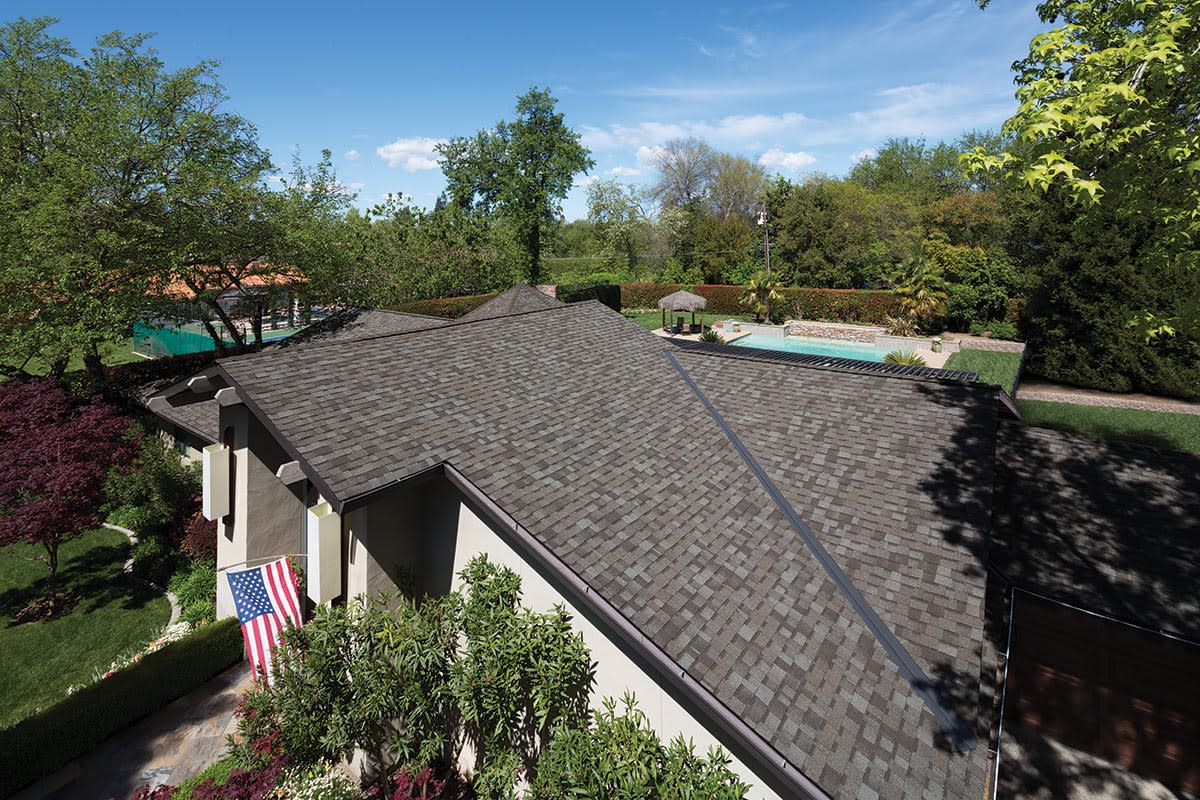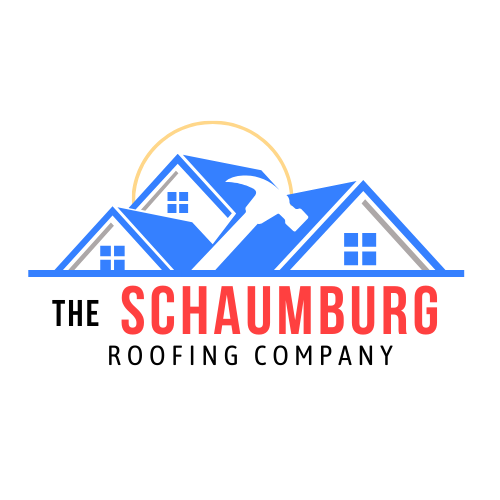Navigating a Roof Inspection: What to Anticipate
A professional roof inspection is a crucial step in any roofing project, offering valuable insights into the condition of your roof and helping plan for necessary repairs or replacements. The findings of a roof inspection impact the timeline, scope, and cost of subsequent work.
Understanding a Roof Inspection:
A roof inspection is a comprehensive evaluation conducted by a skilled roof inspector. Following the inspection, a detailed report is generated, documenting the roof’s condition and highlighting any minor or significant issues that require attention.
When to Schedule a Roof Inspection:
It’s advisable to schedule a roof inspection when concerns arise about your roof’s safety, ability to withstand moisture, or when planning remodeling, selling, or buying a home. Regular inspections after seasonal or extreme weather events, such as heavy rain, strong winds, hail, or snow, are also beneficial.
Here are additional reasons for a roof inspection:
- To assess your roof’s integrity, particularly after severe weather like hail or high winds.
- If you notice discolorations in ceilings, walls, or dampness in the attic, signaling potential issues.
- When shingles show signs of aging, such as being bald, cracked, or curled.
- Preparing for a home renovation to determine the impact on the existing roof.
- Before buying or selling a home, providing peace of mind during real estate transactions.
Who Performs Roof Inspections:
Roof inspections can be conducted by roofing contractors, roof inspectors, or home inspectors. The choice depends on the purpose of the inspection. For a thorough roof inspection, it’s essential to select an inspector with expertise in roofing.
While some homeowners may consider performing their own roof inspection, professionals bring experience to identify early signs of damage and navigate steep surfaces safely. For insurance claims, warranty claims, or real estate transactions, only a professional inspection is typically accepted.
Cost of a Roof Inspection:
The cost of a roof inspection varies based on factors such as the reason for the inspection, who performs it (certified home/roof inspector vs. roofing contractor), roof size, pitch, accessibility, and geographical region. According to HomeAdvisor, the typical range for a roof inspection cost is between $120 and $321.
Some roofing companies may offer free roof inspections as part of their estimate process for potential repair or replacement projects. It’s advisable to obtain multiple quotes for comparison before making a final hiring decision.
Conducting Roofing Inspections:
Professional roof inspectors use a combination of on-site inspections and modern technology, including visual examinations, infrared scanners, aerial drones, and satellite imagery.
- Visual Inspection: This involves physically examining various roofing components, from shingles to flashing, and walking around to spot signs of damage or irregularities. Pictures are often taken to supplement the inspection report.
- Infrared Scanners: These tools look beyond the surface to identify temperature variations caused by trapped moisture within materials. Commonly used on commercial roofs, some residential inspections may also use handheld or drone-mounted infrared scanners.
- Aerial Drones: Remote-operated drones with cameras help inspectors view steep slopes or unreliable surfaces safely. They can inspect areas that are hard to reach, maintaining social distancing and safety protocols.
- Satellite Imagery: Satellite pictures aid in determining roof square footage, slope, and identifying potential problem areas like missing shingles or damaged flashing.
What Inspectors Look For:
During a roof inspection, professionals evaluate all components, including the roof deck, surface materials, framing, attic spaces, and ventilation. They check for signs of structural issues, roofing component problems (shingles, flashing, gutters), workmanship quality, and inspect interior spaces for insulation, ventilation, and potential mold or water damage.
After a Roof Inspection:
Once the inspection is complete, you should receive a detailed analysis, including a report on the roof’s condition, highlighting any concerns, and possibly including supporting pictures. If conducted by a professional roofing contractor, they may offer insights into repair possibilities or the need for a roof replacement, along with cost estimates.
Benefits of Residential Roofing Inspection:
A residential roofing inspection provides firsthand knowledge of the roof’s condition, aiding in budgeting for future expenses. It instills confidence in the repair or replacement process, benefits buyers and sellers during real estate transactions, and offers peace of mind knowing your home is protected from the elements.
Navigating the roof inspection process with a professional ensures accurate assessments and informed decision-making for the maintenance and longevity of your roof.







